Report on the Sepsis Side Event in Parallel to UN General Assembly
In parallel to the 79th Session of the UN General Assembly (UNGA79), the Global Sepsis Alliance hosted a side event in partnership with the Medical Women’s International Association (MWIA), UNITE Parliamentarians Network for Global Health (UNITE), and Sepsis Stiftung. The meeting was convened on September 25, 2024, at the New York University (NYU) Langone Health Centre thanks to the facilitation by Dr. Connie Newman, NYU Faculty Member and MWIA Representative to the United Nations.
Key Addresses and Highlights
Dr. Ricardo Baptista Leite, President of the UNITE Parliamentarians Network for Global Health (UNITE) and CEO of the Health AI Agency reiterated UNITE's commitment to supporting the Global Sepsis Alliance in its crucial mission and the recently launched 2030 Global Agenda for Sepsis, which was introduced at the German Bundestag.
Dr. Eleanor Nwadinobi, President of MWIA, emphasized the ongoing strategic partnership between MWIA and the Global Sepsis Alliance. She reaffirmed the readiness of MWIA, the world’s oldest professional association of female physicians, to support the sepsis cause and the GSA’s mission.
Prof. Konrad Reinhart, Founding President of GSA and President of Sepsis Stiftung, joined the meeting virtually from Berlin. He underscored the urgency of taking action against sepsis and the need for political transformation to elevate the issue. Prof. Reinhart welcomed the second side event on sepsis convened by GSA and its partners during the UNGA and expressed hope for a stronger global focus on sepsis in the 2030 Sustainable Development Goals (SDG) agenda.
She highlighted that fundamental changes in the global sepsis response are essential for accelerating progress toward health-related Sustainable Development Goals (SDGs) and eight additional SDGs focused on poverty, malnutrition, gender inequality, WASH (water, sanitation, and hygiene), inequities, climate change, humanitarian crises, and international cooperation.
Dr. Jashi also presented a special address from Dr. Tedros Adhanom Ghebreyesus, the WHO Director-General for the official launch of the 2030 Global Agenda for Sepsis, which took place at the German Bundestag on September 10, 2024, under the leadership of Prof. Andrew Ullmann, Chair of the Global Health Sub-Committee of the German Parliament.
Interventions and Contributions
Following Dr. Jashi's presentation, a series of distinguished speakers offered their insights, recommendations, and calls for action:
Ciaran Staunton, Co-founder of END SEPSIS – The Legacy of Rory Staunton Foundation, highlighted their latest work, including the 8th Annual National Forum on Sepsis in Washington D.C. and the submission of the Sepsis Bill to the US Senate on September 12, 2024.
Thomas Heymann, CEO of the Sepsis Alliance, presented the organization’s ongoing efforts to raise public awareness and build healthcare capacity across the United States. Despite progress, Mr. Heymann emphasized that sepsis remains the leading cause of death in US hospitals, the second leading cause of maternal deaths, and responsible for 14,000 amputations annually only in the United States.
Michael Wong, CEO of the Physician-Patient Alliances for Health and Safety (PPAHS), reaffirmed his organization’s commitment to endorsing and supporting the implementation of the 2030 Global Agenda for Sepsis.
Amy Campbell, PPAHS representative and Quality Nurse Specialist shared the stories of sepsis patients from the perspective of a healthcare provider, illustrating the challenges in clinical management of sepsis and its sequelae, even in well-resourced healthcare settings.

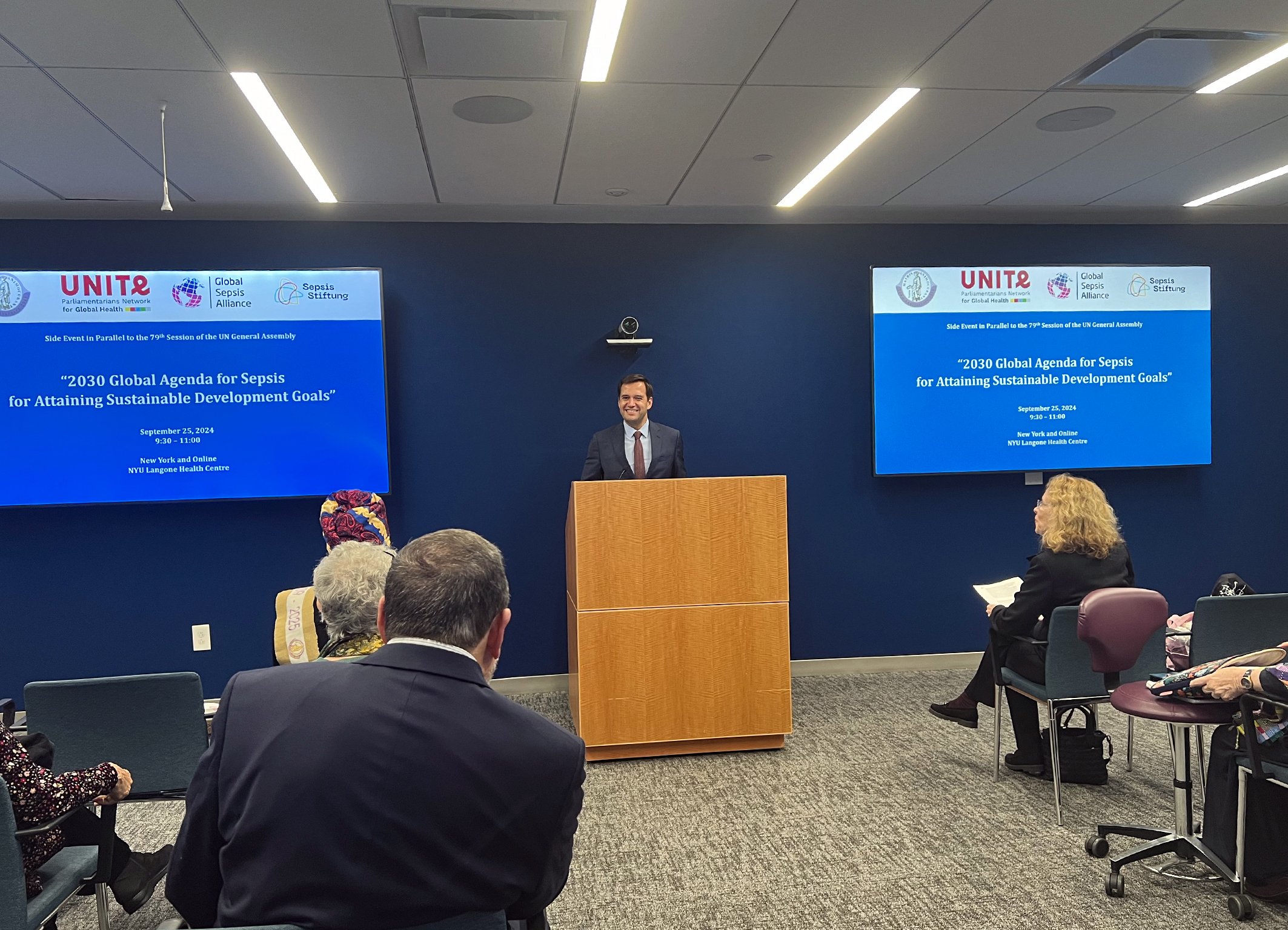
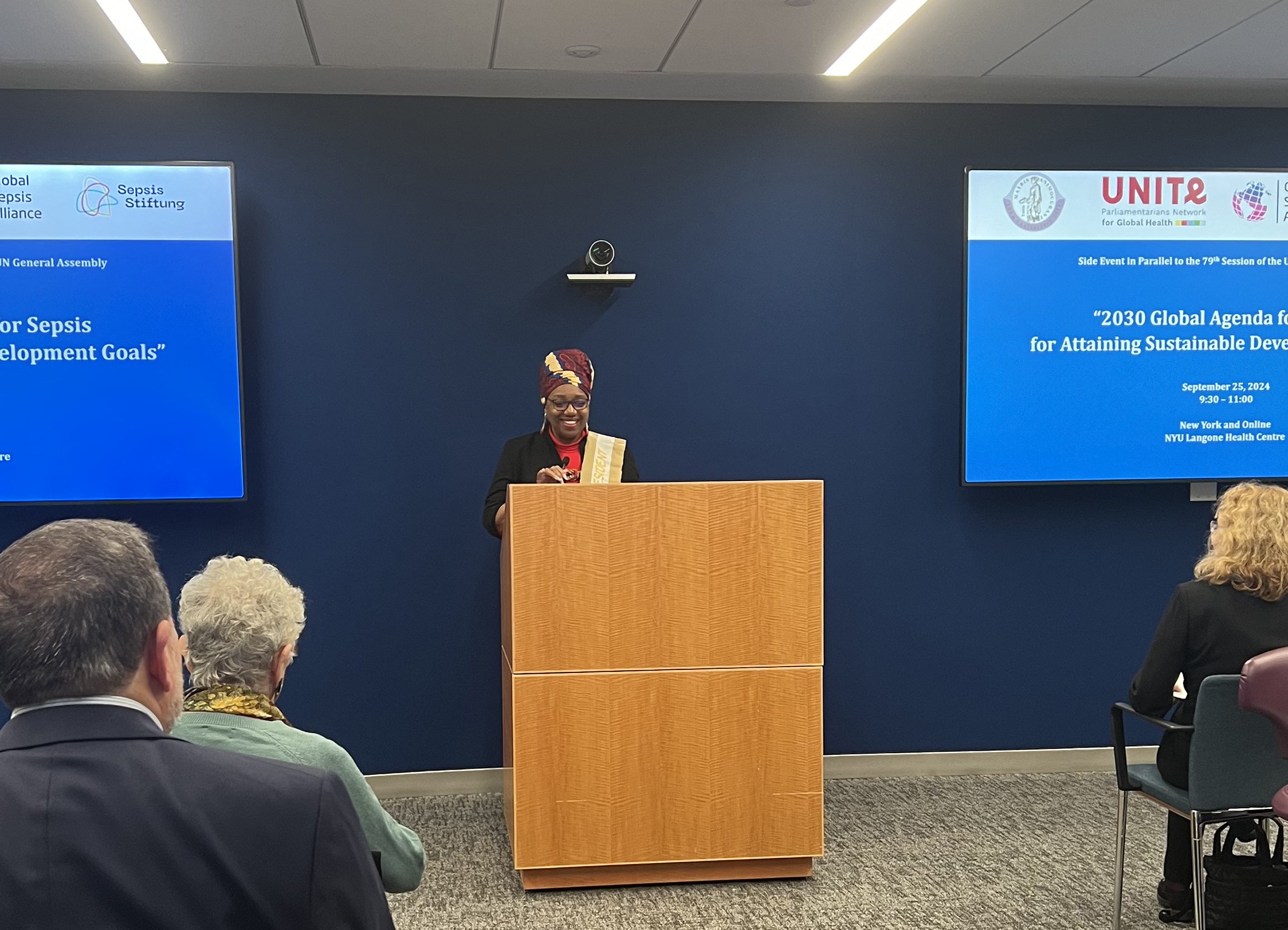
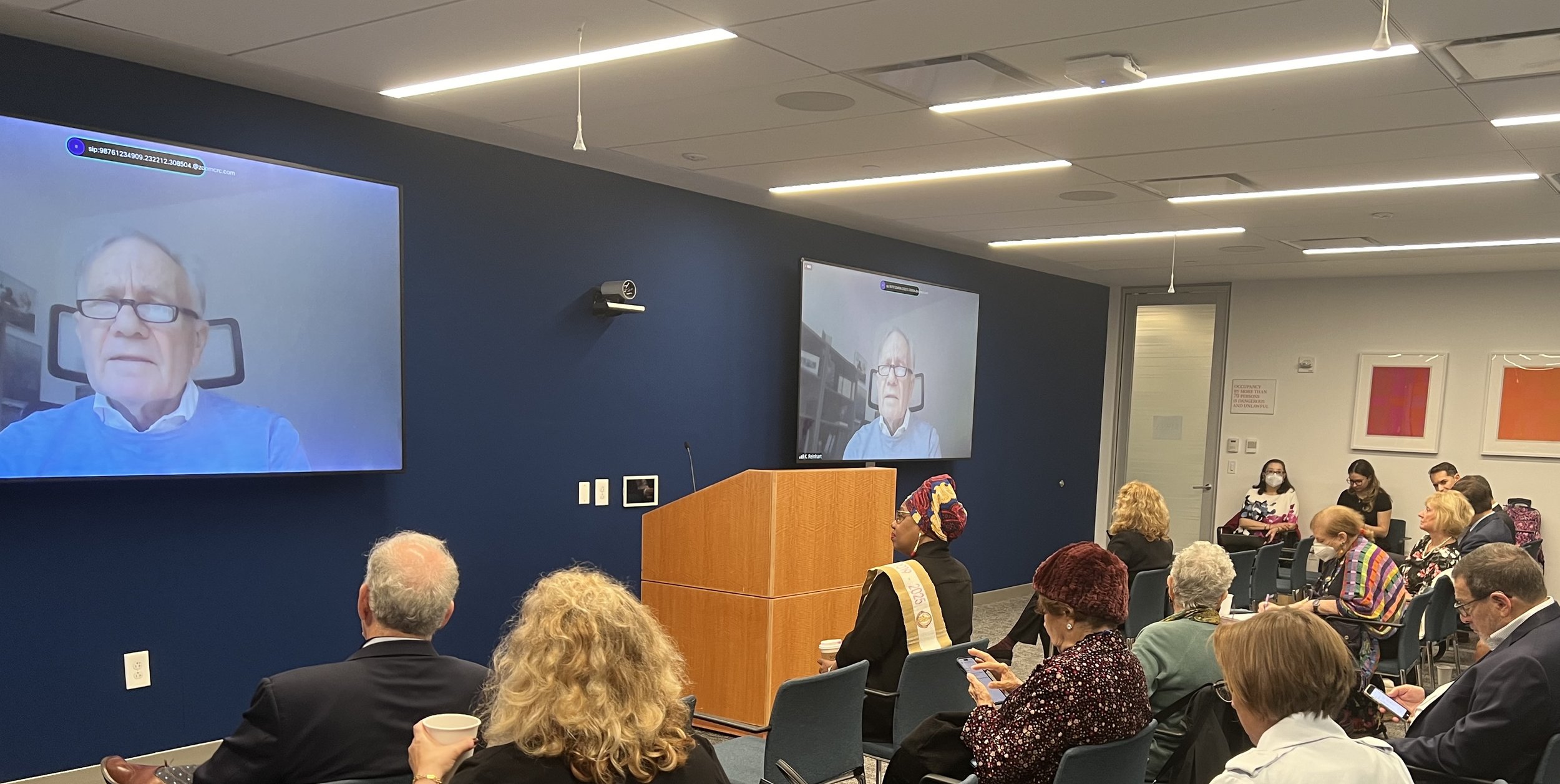

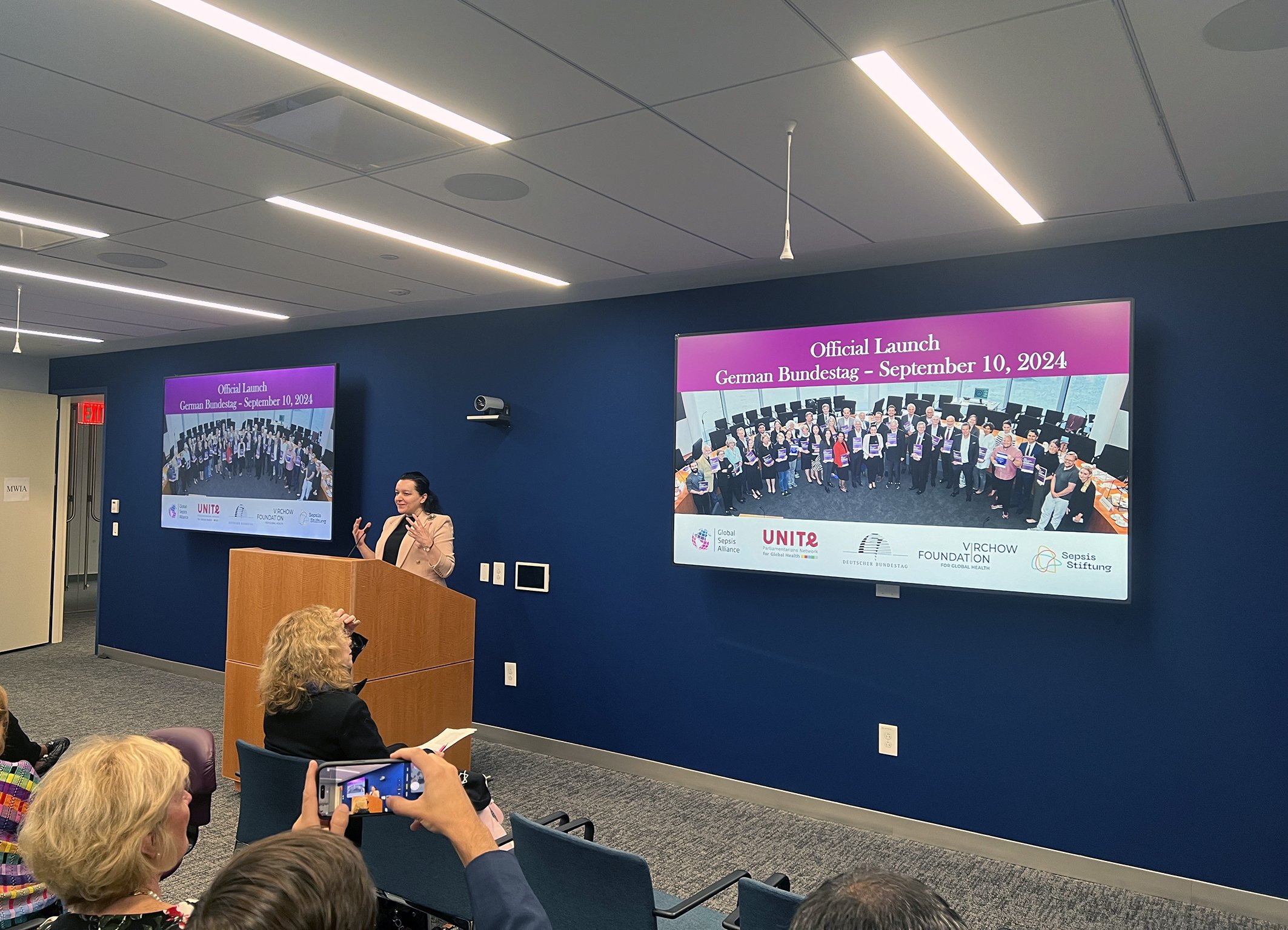
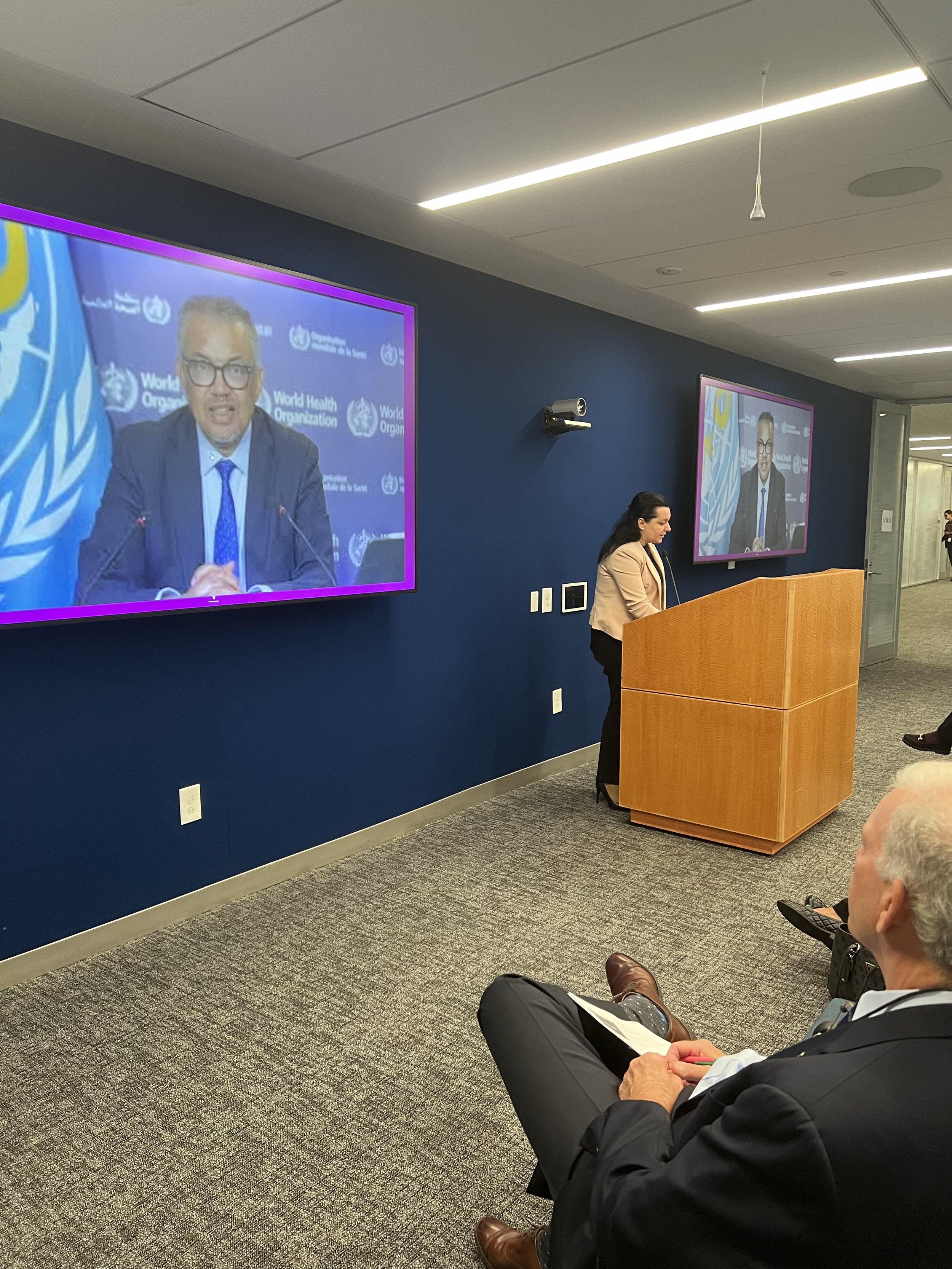

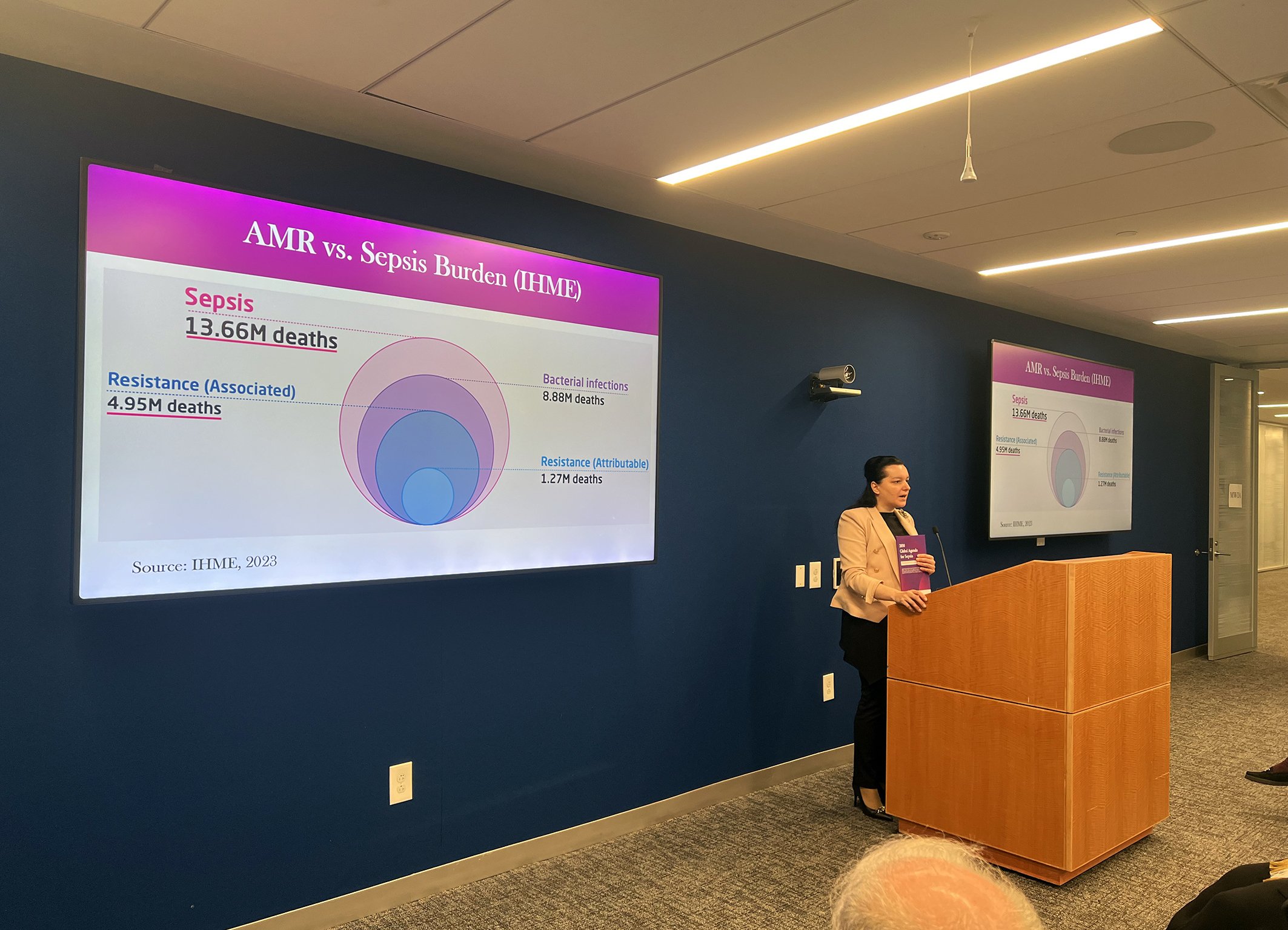
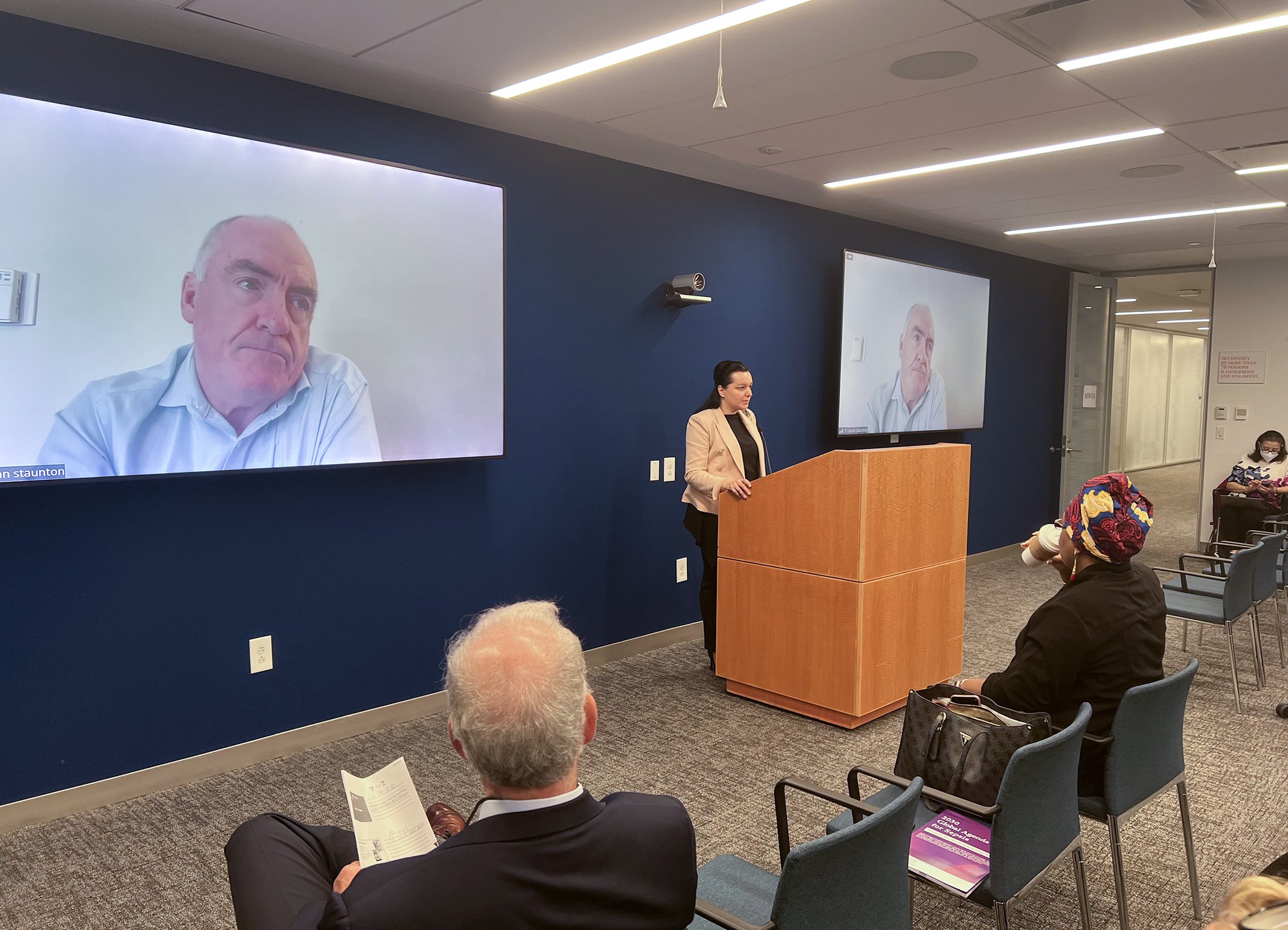
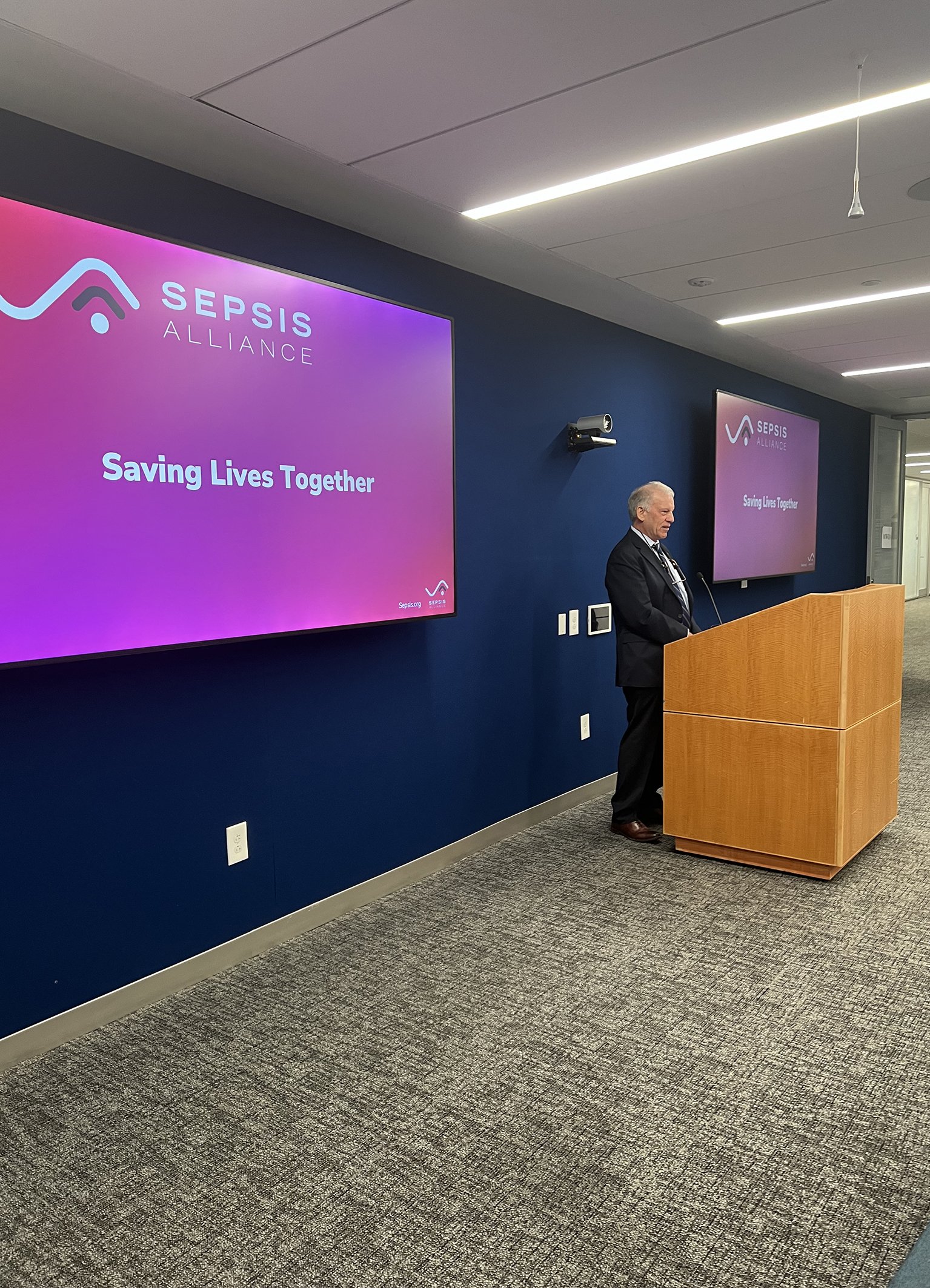
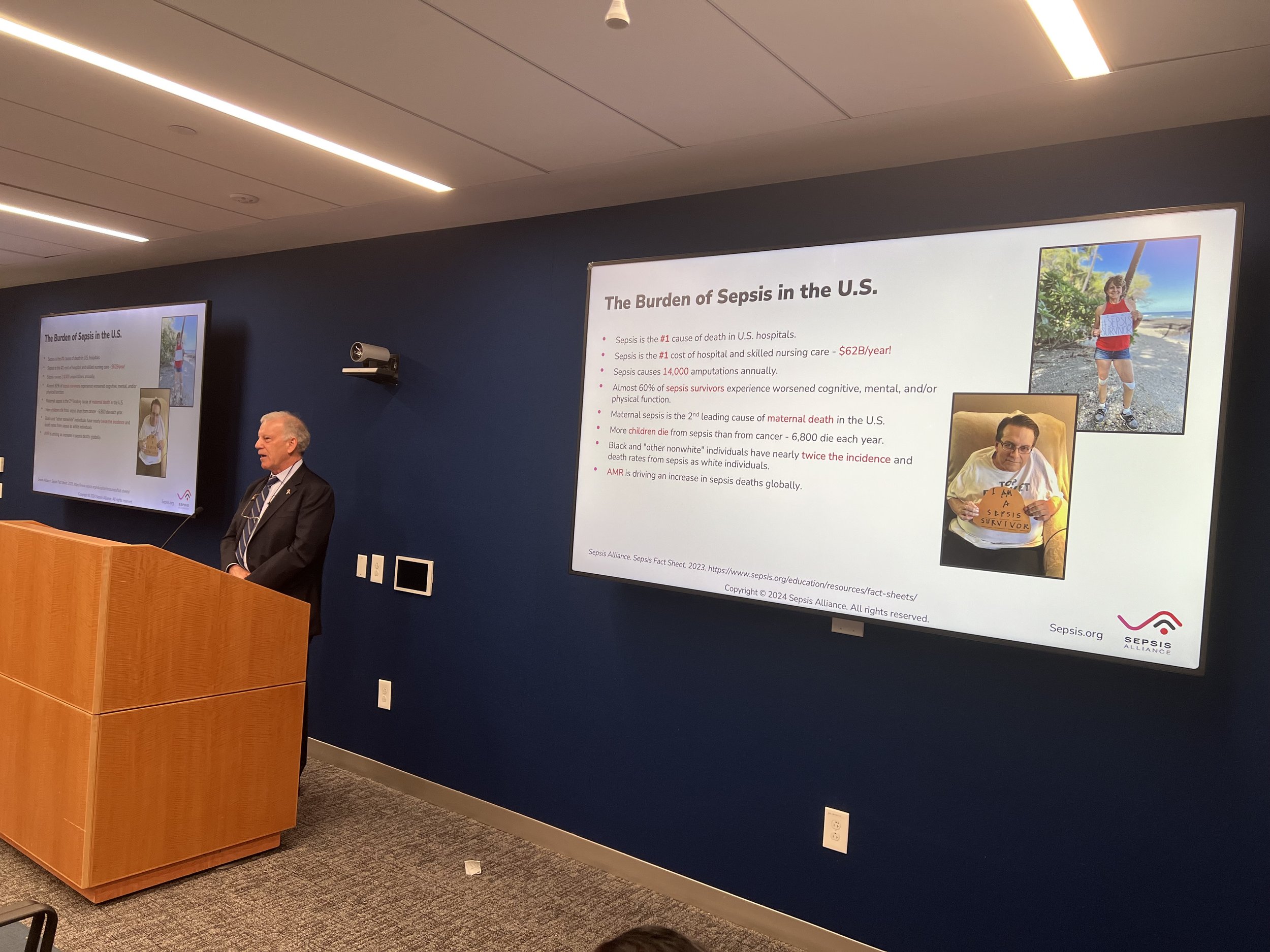
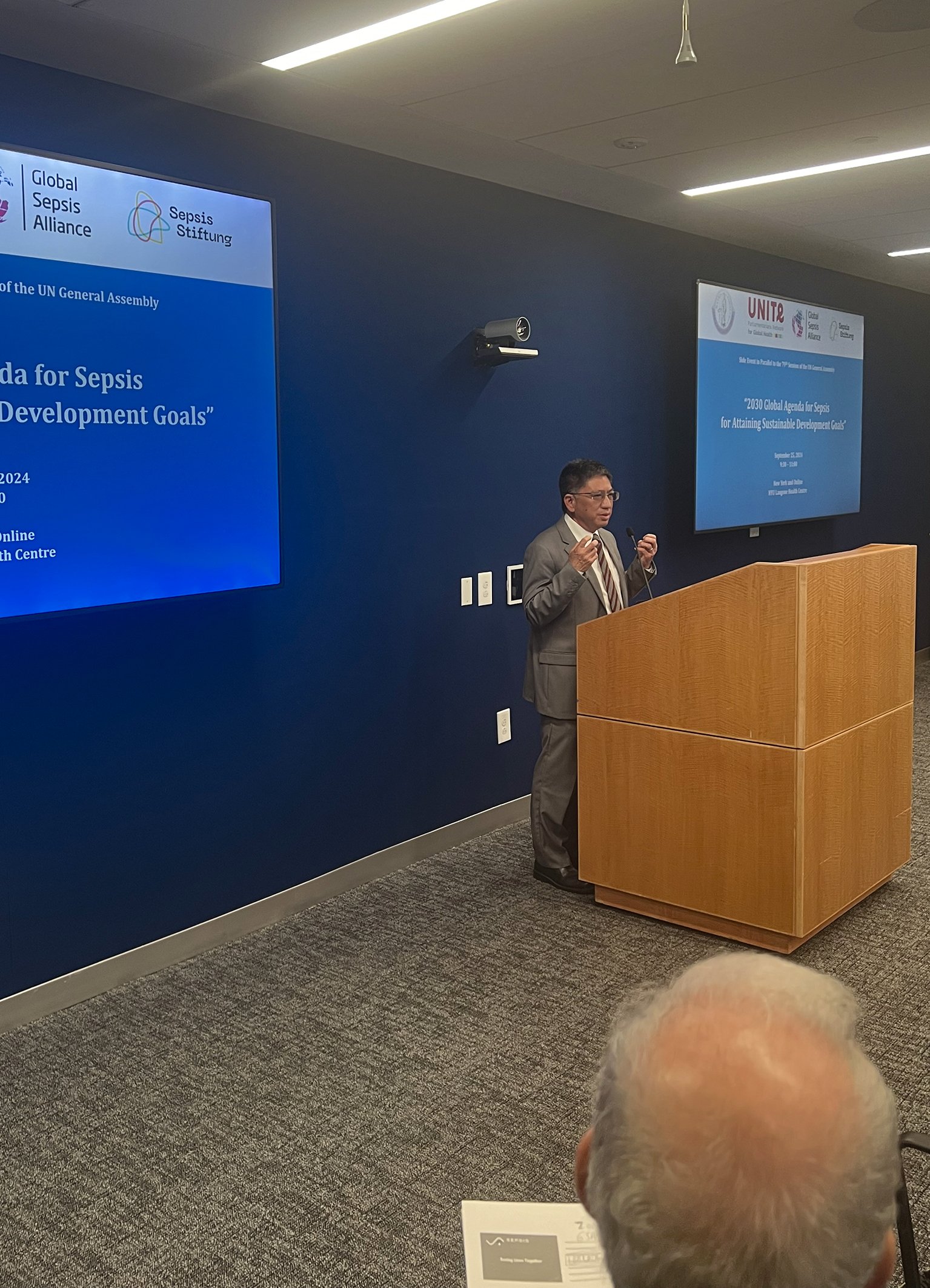
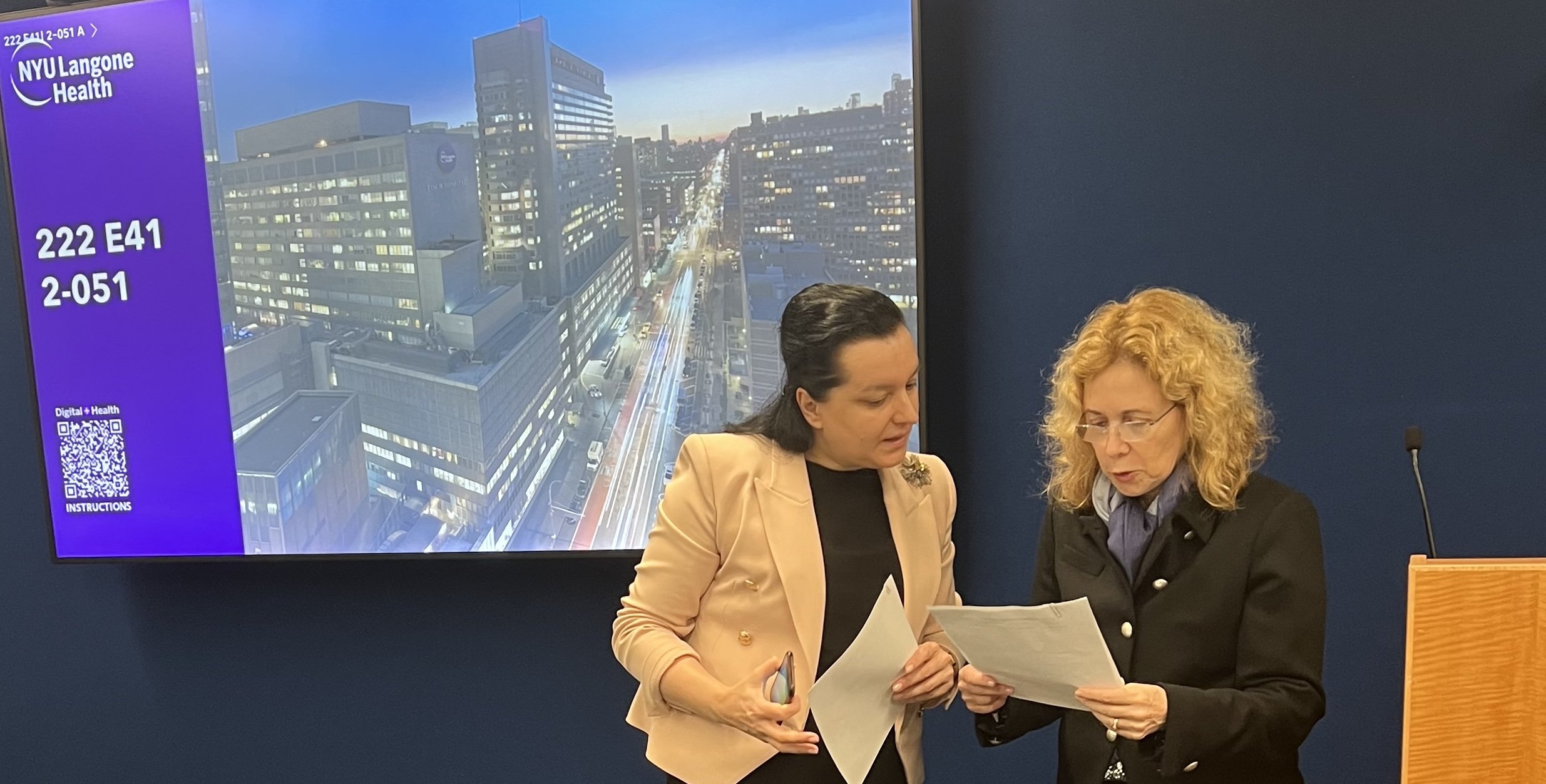
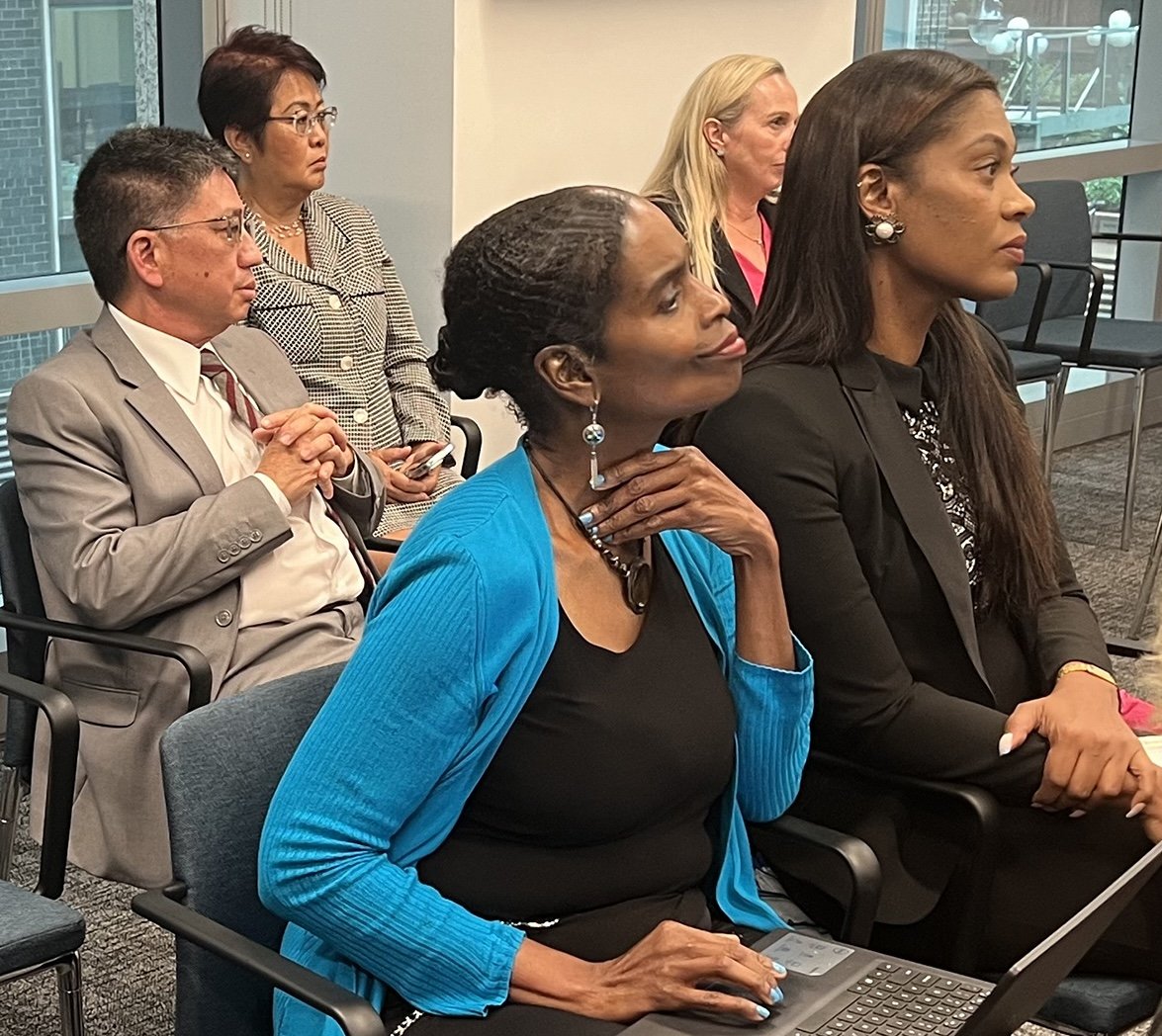
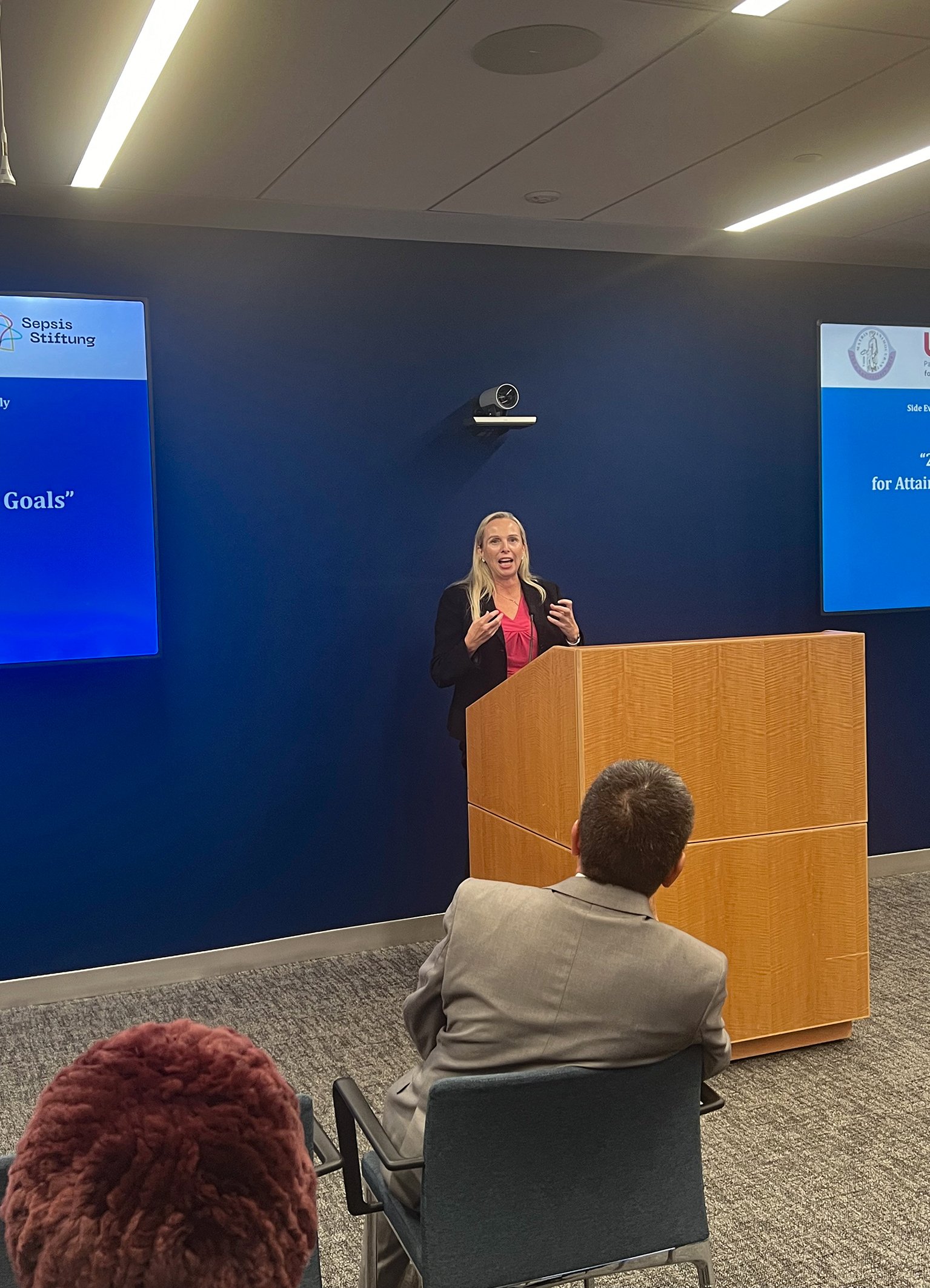
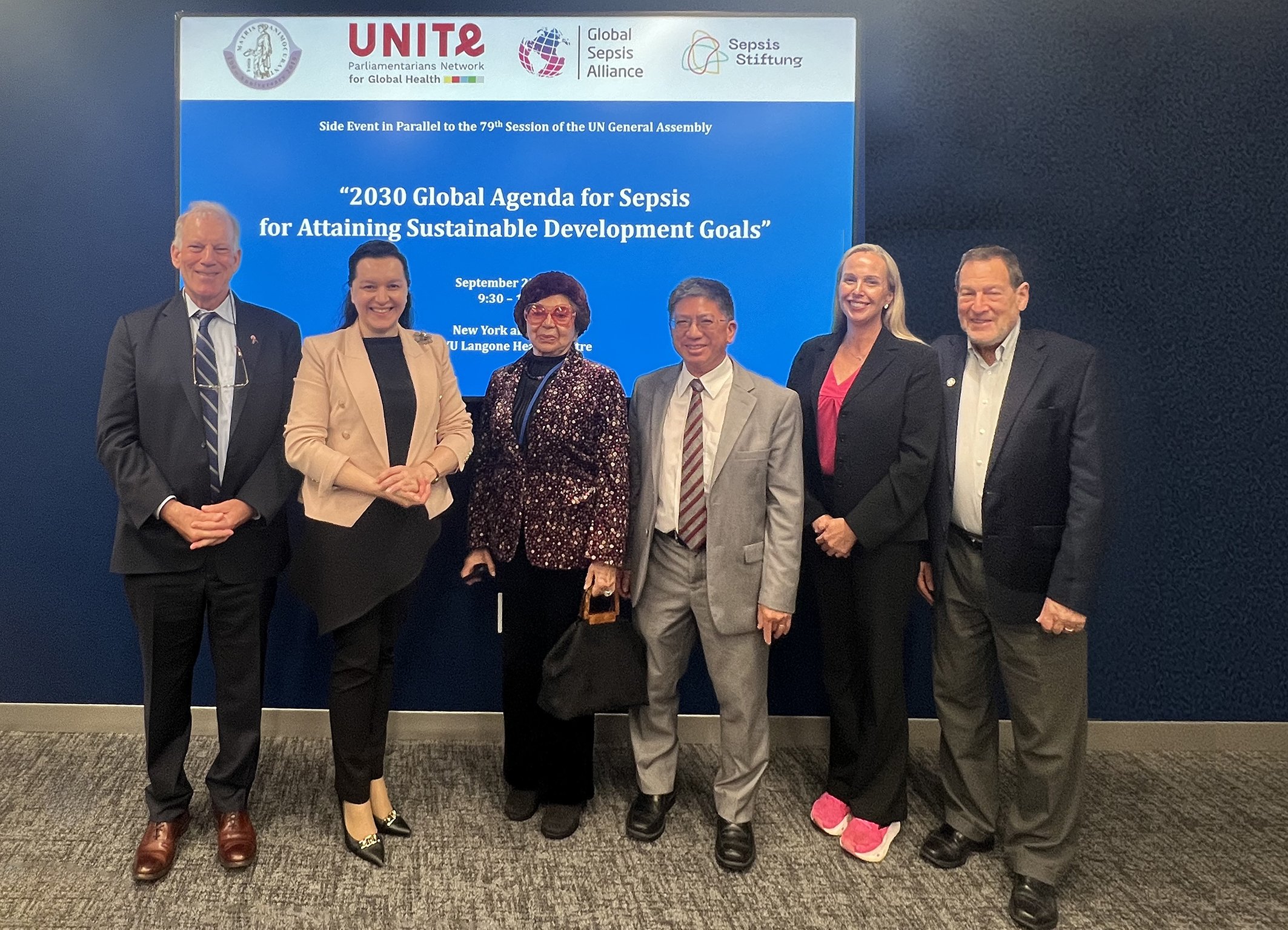
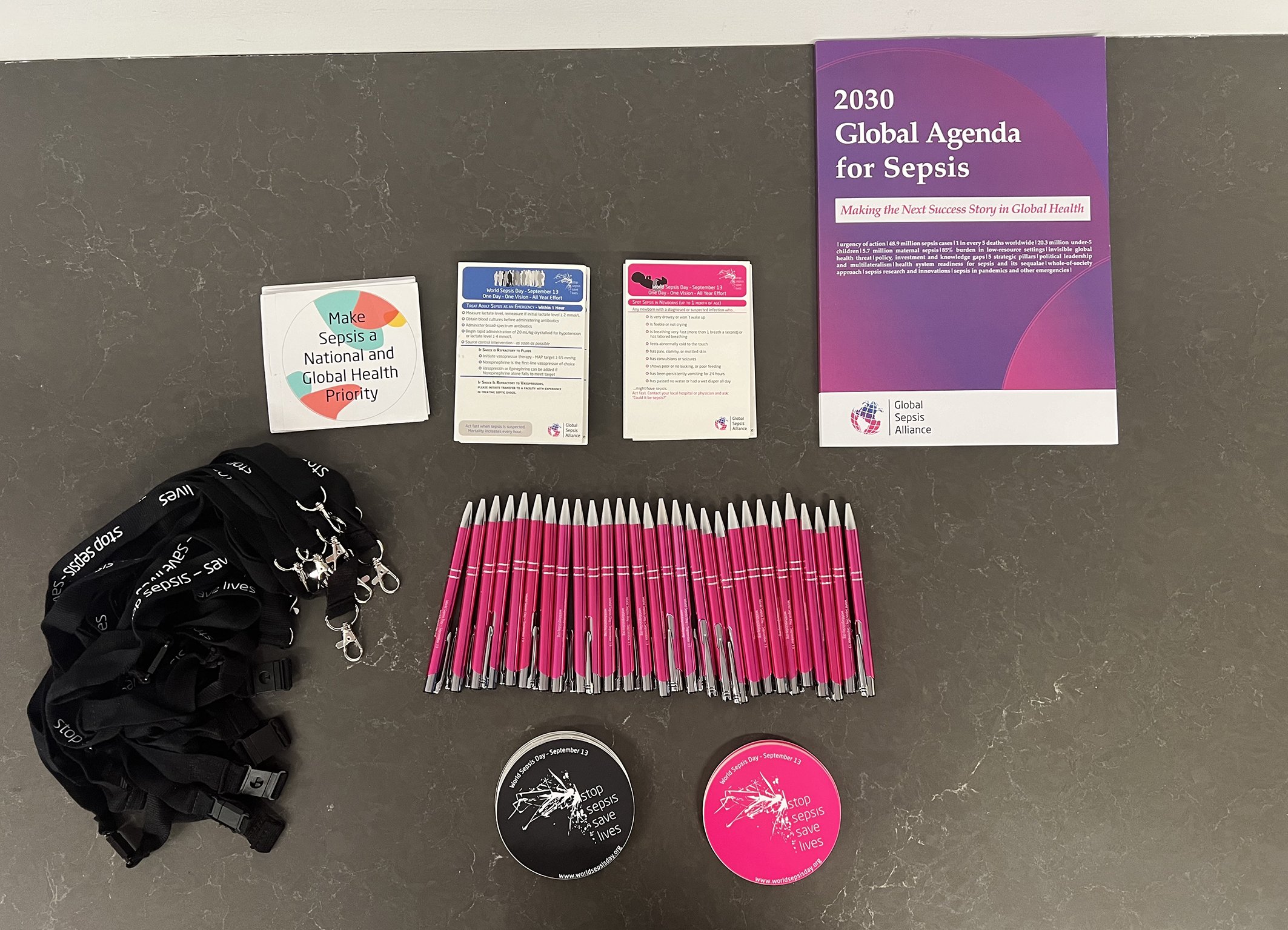
Conclusion and Next Steps
The meeting concluded with a consensus among partner organizations on the urgent need to reinvigorate global, regional, and national sepsis responses to achieve the 2030 SDGs and related aspirations for Universal Health Coverage, maternal, neonatal, and child health, antimicrobial resistance (AMR), pandemic prevention, preparedness and response (PPPR), gender equality, peace, and partnerships for development.
A key priority for the Global Sepsis Alliance in 2025 will be the establishment of a High-Level Political Platform for Sepsis, which will work to ensure the consistent integration of sepsis into mainstream health and development dialogues and forums. This includes G7 and G20 summits, World Health Assemblies, UN General Assemblies, World Economic Forums, and other major platforms.
